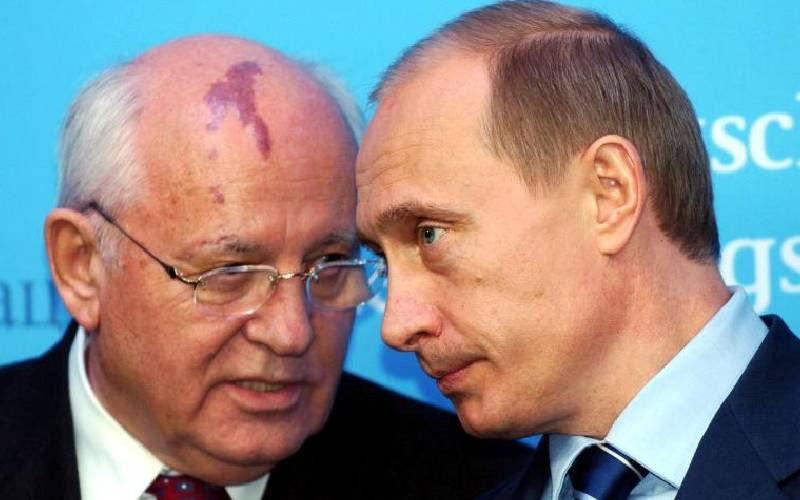
Mikhail Gorbachev died at 91, almost forgotten and not a happy man. His main achievement was in dismantling the Soviet Union system. The Soviet system was an experiment on governance based on the socialistic teachings of Karl Marx as adjusted by Vladimir Lenin. Grabbing power in 1917 as the United States entered the Great War or World War I, Lenin's revolutionary ideas challenged US President Woodrow Wilson's rising global leadership and forced Wilson to respond with his 1918 Fourteen Point proposals to stem Lenin's appeal in Eastern Europe. The Fourteen Points had two outcomes, the creation of the League of Nations and the emergence of lasting power competition between the capitalistic United States and the communistic Soviet Union, which evolved into the post-World War II Cold War. Gorbachev, born at a time of Soviet governance and socio-economic experimentation in 1931, helped to destroy that Soviet experiment.
Gorbachev supported, and was influenced by, Nikita Khrushchev's reformism, which in the 1950s denounced Joseph Stalin's ways. Starting in 1970, he rose up the communist ladder and was increasingly entrusted with responsibility at a time of induced Soviet weakness in the early 1980s. Having lost the Vietnam War, the United States sought to give the Soviets a Vietnam of their own and to destroy what US President Ronald Reagan called an evil empire.